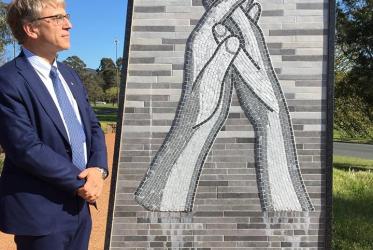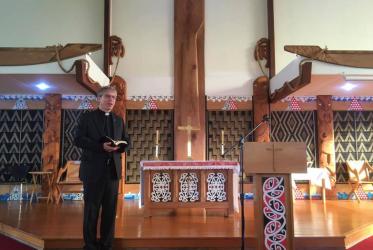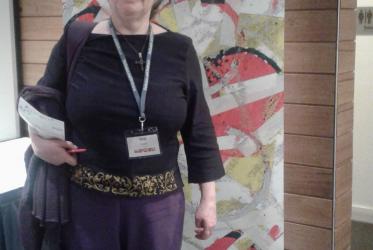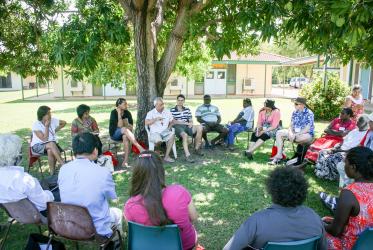Displaying 61 - 80 of 128
18 November 2017
A voice for peace from Down Under
10 July 2017
“Overcoming economic injustice” vision of WCC’s Athena Peralta
23 February 2017
New videos help congregations hasten HIV response
20 October 2016
WCC general secretary visits Aotearoa New Zealand
10 October 2016
GEM school ends with hope for a better tomorrow
08 September 2016
A just financial and economic architecture is possible, students find
08 September 2016
Indigenous spirituality: can it transform injustice into justice?
01 September 2016
New Executive Committee members elected in Trondheim
28 June 2016











